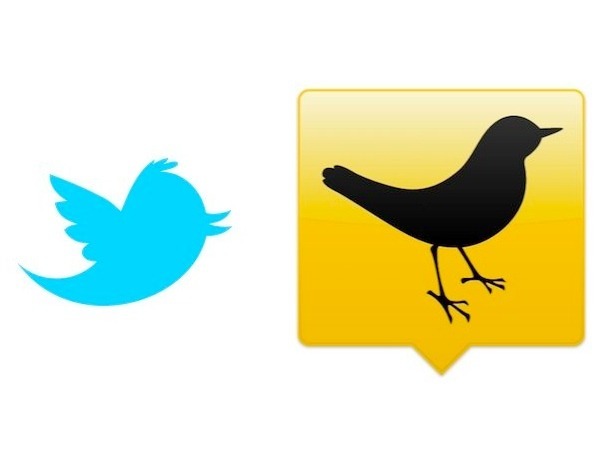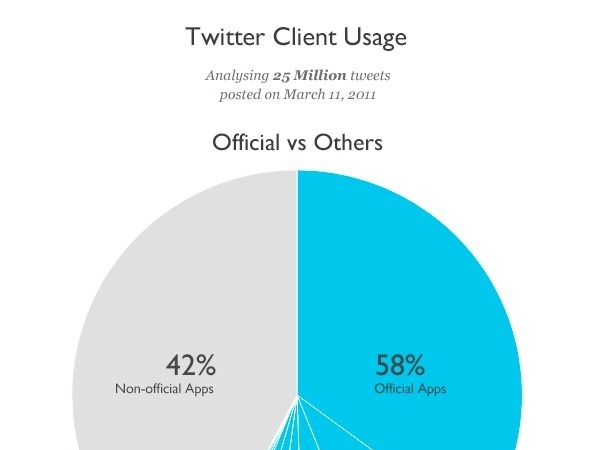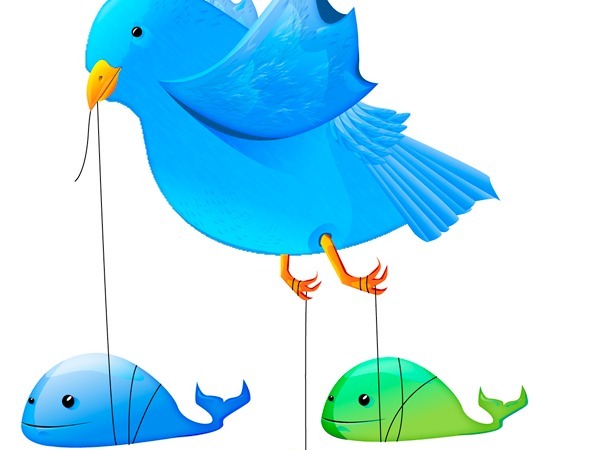 It’s been a long, arduous road, but TweetDeck might have finally found a definitive buyer.
It’s been a long, arduous road, but TweetDeck might have finally found a definitive buyer.
Twitter has acquired the third-party developer for more than $40 million in a combination of cash and stock, according to sources close to the deal (via CNN).
Neither the buyer nor seller has officially confirmed and both have declined to comment so far. For those who once thought that TweetDeck’s sale to UberMedia was final, a few months ago, it may be hard to swallow these new reports. That said, reports of Twitter turning the tables on UberMedia by offering up to $50 million, or $20 million more than UberMedia had reportedly offered, have been floating around for a few weeks now.
CNN points to a tweet sent out yesterday evening from Twitter Comms–”For all those who might be curious, we continue to not comment on rumors”–but it’s hardly a definitive answer.
This wouldn’t be the first time that Twitter snapped up a popular third-party client. A year ago, the company bought Atebits, the developers behind Tweetie, one of the most-used Twitter apps for iPhone. If you use Twitter for iPhone, you’re basically using an app developed by a third-party, purchased by Twitter, rebranded as “Twitter for iPhone” and published to the App Store as a free app.
Likely, TweetDeck would undergo a similar process, though it’s unclear how the application would be positioned against Twitter for Mac, an official client available as a free download from the Mac App Store.
Taking all of this in, and adding to it knowledge that Twitter aggressively snatched TweetDeck away from UberMedia, demonstrates how desperate the company has become about owning its microblogging experience. And, in the end, it clearly has a lot to do with money.
At the end of last year, when Twitter closed its $200 million round from Kleiner Perkins Caufield & Byers, I wrote that 2011 would be about honing in on revenue. There had been quite a bit of advertising experimentation in 2010, but when a company is valued as high as $3.7 billion, it’s about time to start proving why.
Twitter has quickly realized that, if it truly intends to monetize the site via advertising (or Promoted Products), then it needs to own all the service’s scattered eyes, from desktop browsers to mobile apps to mobile browsers to desktop apps. Sure, it hurts for third-party developers, but it’s clearly what’s best for Twitter.
We’ll be waiting on official confirmation from the company.


















